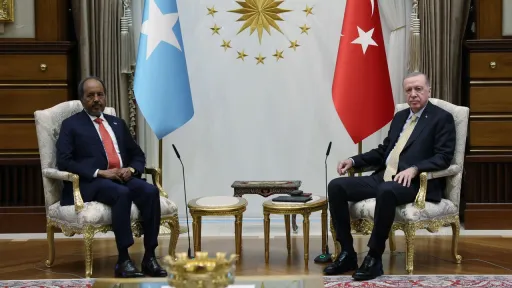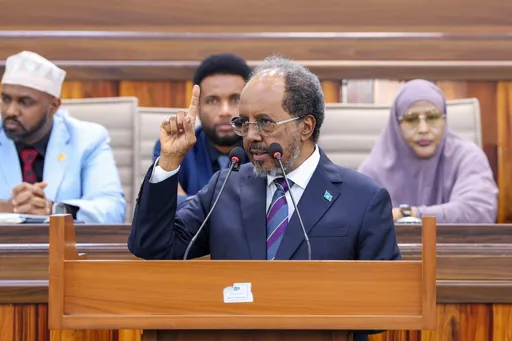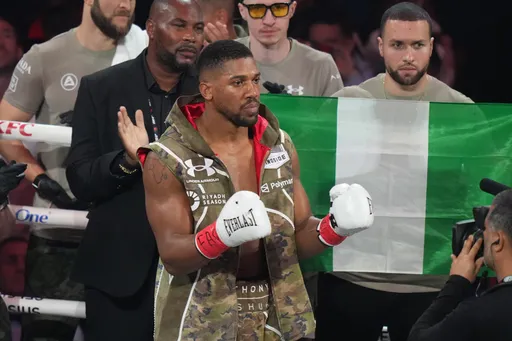By Coletta Wanjohi
In an opening gambit rife with positive implications, heads of state and government assembled in the Ethiopian capital of Addis Ababa for the annual African Union Summit have launched the “Africa Club", an alliance of institutions operating in silos for decades.
This significant step was taken on Saturday during a dialogue on financial reforms initiated by President Nana Addo Dankwa Akufo-Addo of Ghana, who also serves as the Champion of AU Financial Institutions.
"We operated all these years without realising that we are the same people, but today we turn a new page. We recognise that there is strength in unity," said Dr Benedict Okey Oramah, president of the African Export-Import Bank.
African multilateral financial institutions, including the African Export-Import Bank, Trade and Development Bank, Africa Finance Corporation, African Reinsurance Corporation and the African Trade and Investment Development Insurance, have a collective balance sheet of over US $60 billion, specifically deployed to address the critical investment gap across the continent.
"The alliance of African financial institutions is coming together in response to the inadequacies of the global financial architecture," Oramah said during the AU Summit.
Prejudiced outlook
African leaders have long criticised the current global financial architecture, primarily controlled by the World Bank and the International Monetary Fund (IMF), for its unfair treatment of the continent.
"We aren't assessed correctly in terms of the credit risk assessment of our countries and the continent as a whole," said President Hakainde Hichilema of Zambia. "We are given a higher risk profile, and unfairly so."
The AU argues that the current global financial system, which was “created in a different time for a different world", has been hampering the continent's progress.
"International financial institutions created in 1945, after the Second World War, have failed to deal with multiple global and interlinked crises," Désiré Assogbavi, an advocate of fairer global systems, told TRT Afrika.
"They are increasingly at odds with the reality and needs of the world today, therefore, unfit for that purpose. The existing architecture has been unable to support the mobilisation of stable and long-term resources needed by the continent to achieve its development agendas, forcing most countries to turn to private capital markets with unfair interest rates."
Skewed policies
Global financial institutions have also been accused of being inconsiderate while factoring in the external triggers for many African countries plunging into a debt crisis.
"We have assets that don't come into our balance sheets during evaluation, which means headroom is limited in accessing financing. That must not be the case going forward," President Hichilema said.
Kenya's President William Ruto has called for these institutions to "Africanise" their service to Africa.
"There was a time when the conversation sounded like an 'us vs them' debate. But I am thrilled that today every capital, north to south, agrees there is something fundamentally wrong about the global financial architecture," President Ruto told his fellow leaders at the summit.
The value of African financial institutions like the AfriExim Bank and the African Development Bank was vividly demonstrated during the pandemic when they supported African countries in quickly securing resources to purchase vaccines.
"If we find a way to increase the financial power of our institutions, we are in a better place to finance our development," Ghana's President Akufo-Addo said.
Assogbavi, an expert in AU affairs, believes Africa must prioritise using its position as a permanent member of the G20 to push for what he calls "much-needed" changes in the IMF and World Bank.
➤Click here to follow our WhatsApp channel for more stories.
























